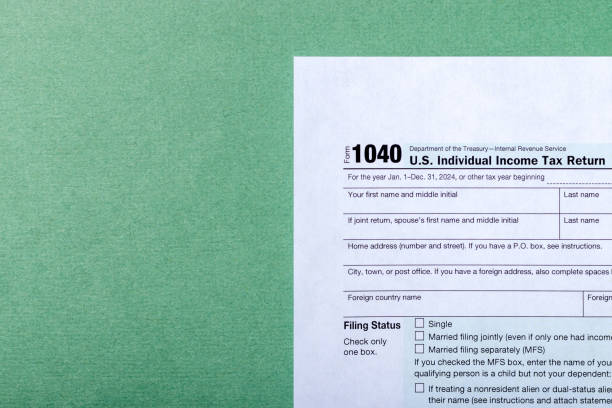Now that the conventions of both major parties have wrapped up, we’re heading into the home stretch of the presidential election race. Naturally, taxes will be a major point of contention.
Although President Trump hasn’t released a formal plan yet, he has generally expressed his intent to preserve, and expand on, the Tax Cuts and Jobs Act (TCJA) passed in 2017. Conversely, former Vice President Biden has cobbled together a series of proposals on certain specific points. Following is a brief comparison.
Joe Biden’s Tax Plan
Individual tax rates: Currently, the top tax rate is 37%, down from the highest rung of 39.6% prior to the TCJA. Biden wants to restore the 39.6% rate for folks with taxable income above $400,000.
Itemized deductions: The TCJA limited certain itemized deductions while raising the standard deduction. Biden has proposed a provision that would cap the tax benefit of itemized deductions at the 28% rate.
Capital gains and dividends: The tax law provides favorable tax treatment for long-term capital gains and qualified dividends. Under Biden’s plan, the breaks would disappear for capital gains and dividends above $1 million.
Individual tax credits: Current law includes a maximum $2,000 Child Tax Credit (CTC), plus a $500 dependent credit, and a maximum dependent care credit of $600 ($1,200 for two or more children). Among other changes, Biden would hike the CTC to $8,000 ($16,000 for two or more children).
Education: Generally, student loan debt that is forgiven is taxable to the taxpayer obligated to pay the debt. One of Biden’s proposals relating to higher education would provide a special tax exclusion for student loan forgiveness.
Corporate tax rates: The TCJA replaced the graduate corporate structure with a flat 21% rate and repealed the corporate alternative minimum tax (AMT). Biden has proposed raising the flat rate to 28% and reinstating the corporate AMT on profits of more than $100 million.
Payroll taxes: Biden has floated the idea of a 12.4% Social Security payroll tax, split between employers and employees, on earned income above $400,000. It would feature a “donut hole” between the prevailing wage base ($137,700 for 2020) and $400,000.
Estate tax: Under the TCJA, the $5 million estate tax exemption was doubled from $5 million to $10 million ($11.58 million for 2020). It is scheduled to revert to $5 million after 2025. Biden would leave the reversion and eliminate the current step-up in basis on inherited assets.
Donald Trump‘s Tax Plan
Individual tax rates: Trump intends to keep the top 37% tax rate right where it is. In addition, he would implement a 10% rate cut for middle-income taxpayers, effectively lowering the 22% rate to 15%.
Itemized deductions: Under Trump’s plan, the TCJA changes for itemized deductions would be extended beyond 2025, when they are set to expire, and be made permanent.
Capital gains and dividends: Although he has not offered any specifics, Trump has indicated he would reduce tax rates for capital gains, index gains for inflation and create a capital gains tax holiday for a limited time.
Individual tax credits: Essentially, Trump hasn’t proposed any major changes for the CTC and dependent credit and the dependent care credit. However, he would require Social Security numbers to be eligible for any of these credits.
Education: Under current law, you generally can’t realize tax benefits for contributions to state-authorized organizations sponsoring scholarships (other than a possible charitable deduction). Trump would provide a tax credit for individual and corporate donations to such organizations.
Corporate tax rates: Trump wants to preserve the status quo under the TCJA. He has no plans to reinstate a corporate AMT.
Payroll taxes: The president recently issued an executive order that postpones Social Security tax for employees for September 1 through the end of 2020. He has said that this reprieve could turn into a permanent extension.
Estate taxes: Trump has stated that he will push to extend the more generous estate tax exemption and would not change the rules relating to a step-up in basis.
======
This is hardly the end of the story. We will update you on any important developments as the candidates of the two major political continue to shape their tax plans before the election.
Thanks for reading CPA Practice Advisor!
Subscribe Already registered? Log In
Need more information? Read the FAQs
Tags: Benefits, Payroll Taxes, Tax Planning




